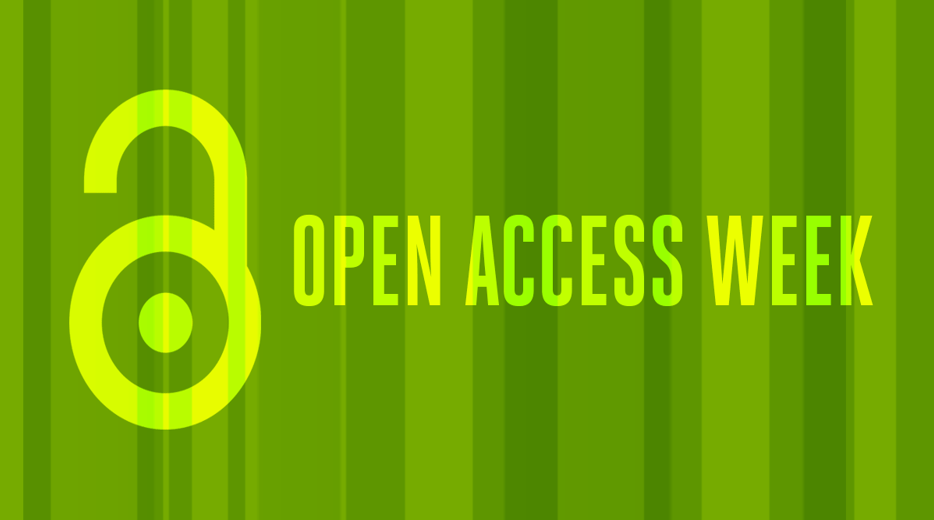Creating and sharing knowledge are defining traits of humankind, yet copyright law has grown so restrictive that it can require acts of civil disobedience to ensure that students and scholars have the books they need and to preserve swaths of culture from being lost forever.
Reputable research generally follows a familiar pattern: Scientific articles are written by scholars based on their research—often with public funding. Those articles are then peer-reviewed by other scholars in their fields and revisions are made according to those comments. Afterwards, most large publishers expect to be given the copyright on the article as a condition of packaging it up and selling it back to the institutions that employ the academics who did the research and to the public at large. Because research is valuable and because copyright is a monopoly on disseminating the articles in question, these publishers can charge exorbitant fees that place a strain even on wealthy universities and are simply out of reach for the general public or universities with limited budgets, such as those in the global south. The result is a global human rights problem.
This model is broken, yet science goes on thanks to widespread civil disobedience of the copyright regime that locks up the knowledge created by researchers. Some turn to social media to ask that a colleague with access share articles they need (despite copyright’s prohibitions on sharing). Certainly, at least some such sharing is protected fair use, but scholars should not have to seek a legal opinion or risk legal threats from publishers to share the collective knowledge they generate.
Even more useful, though on shakier legal ground, are so-called “shadow archives” and aggregators such as SciHub, Library Genesis (LibGen), Z-Library, or Anna’s Archive. These are the culmination of efforts from volunteers dedicated to defending science.
SciHub alone handles tens of millions of requests for scientific articles each year and remains operational despite adverse court rulings thanks both to being based in Russia, and to the community of academics who see it as an ethical response to the high access barriers that publishers impose and provide it their log-on credentials so it can retrieve requested articles. SciHub and LibGen are continuations of samizdat, the Soviet-era practice of disobeying state censorship in the interests of learning and free speech.
Unless publishing gatekeepers adopt drastically more equitable practices and become partners in disseminating knowledge, they will continue to lose ground to open access alternatives, legal or otherwise.
EFF is proud to celebrate Open Access Week.



